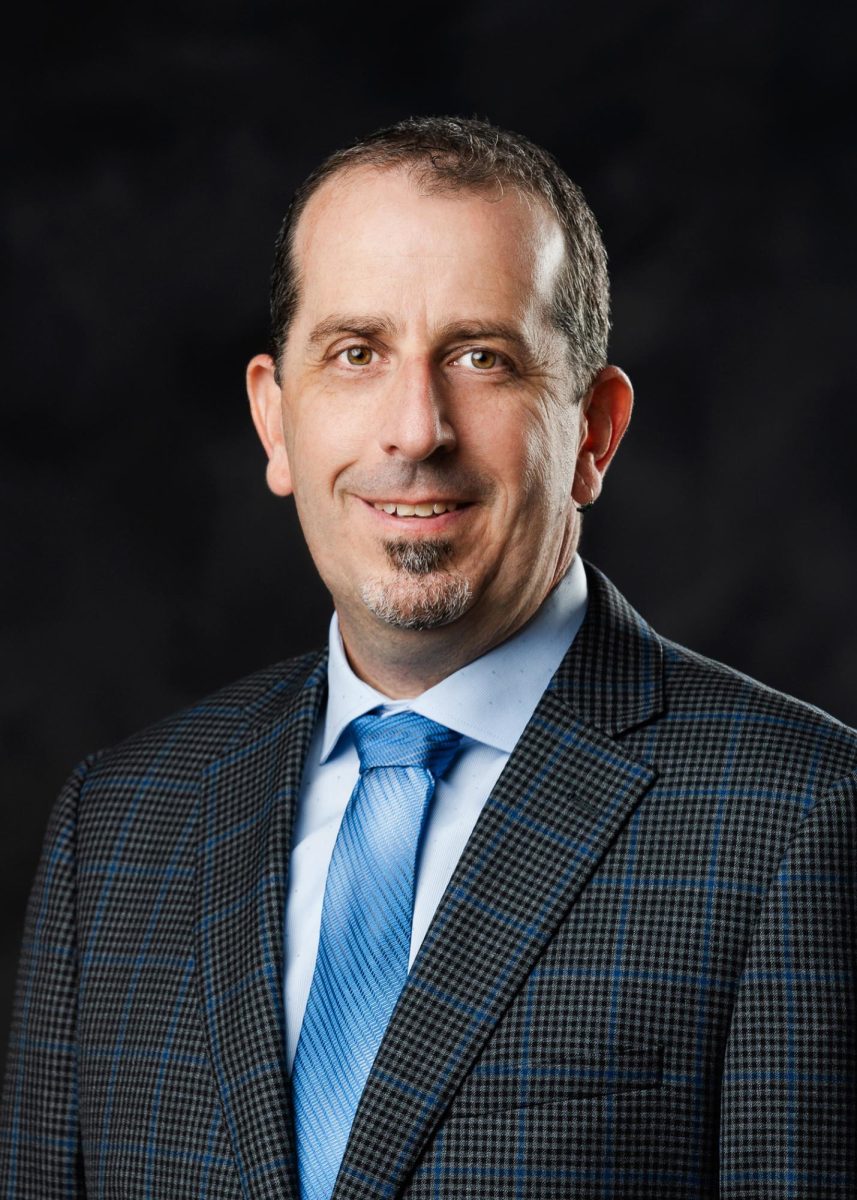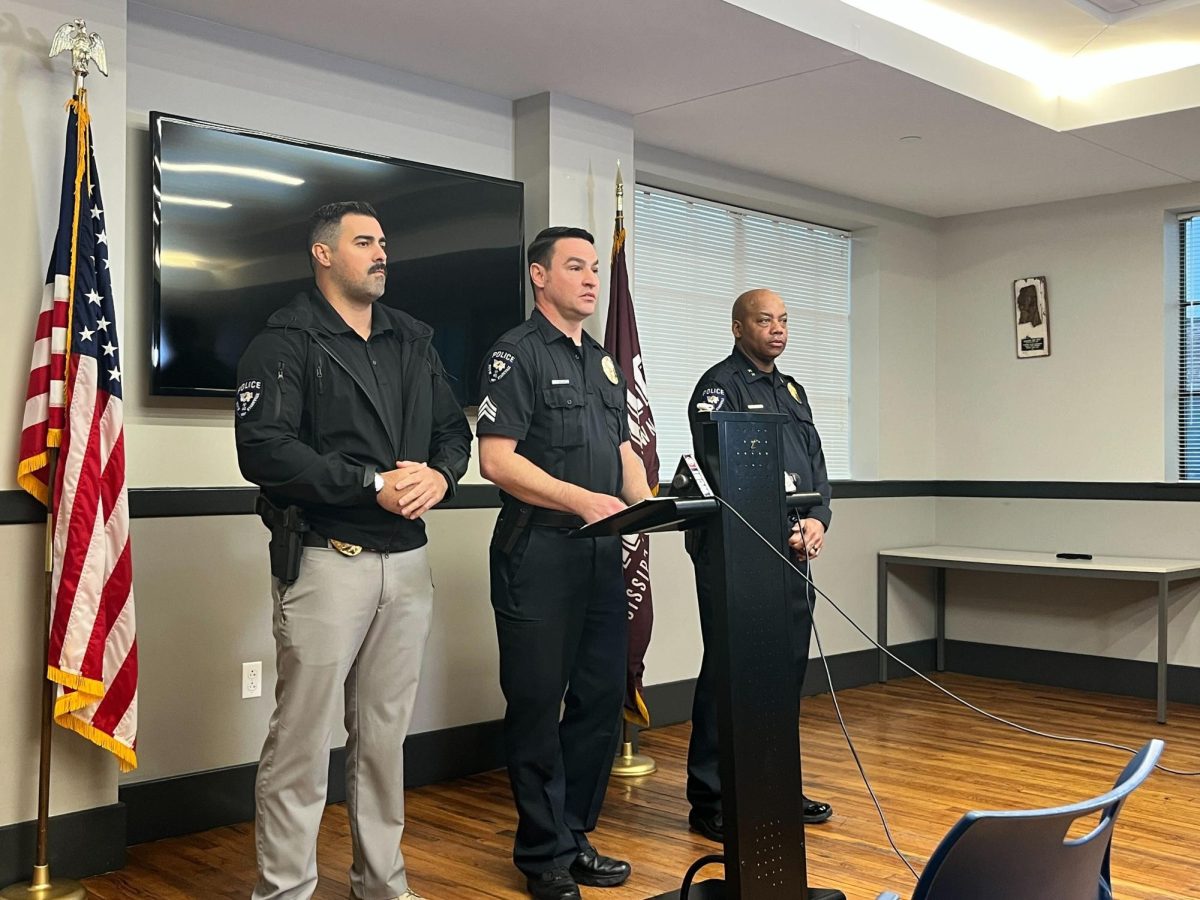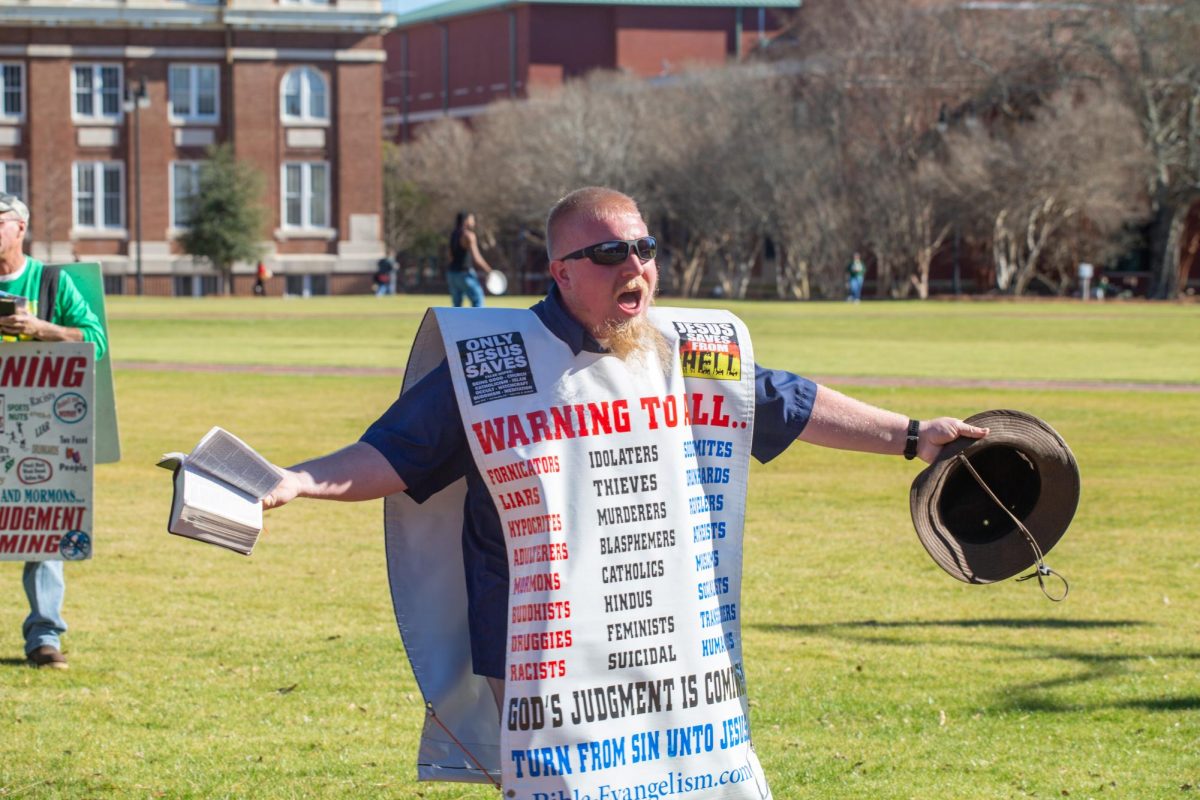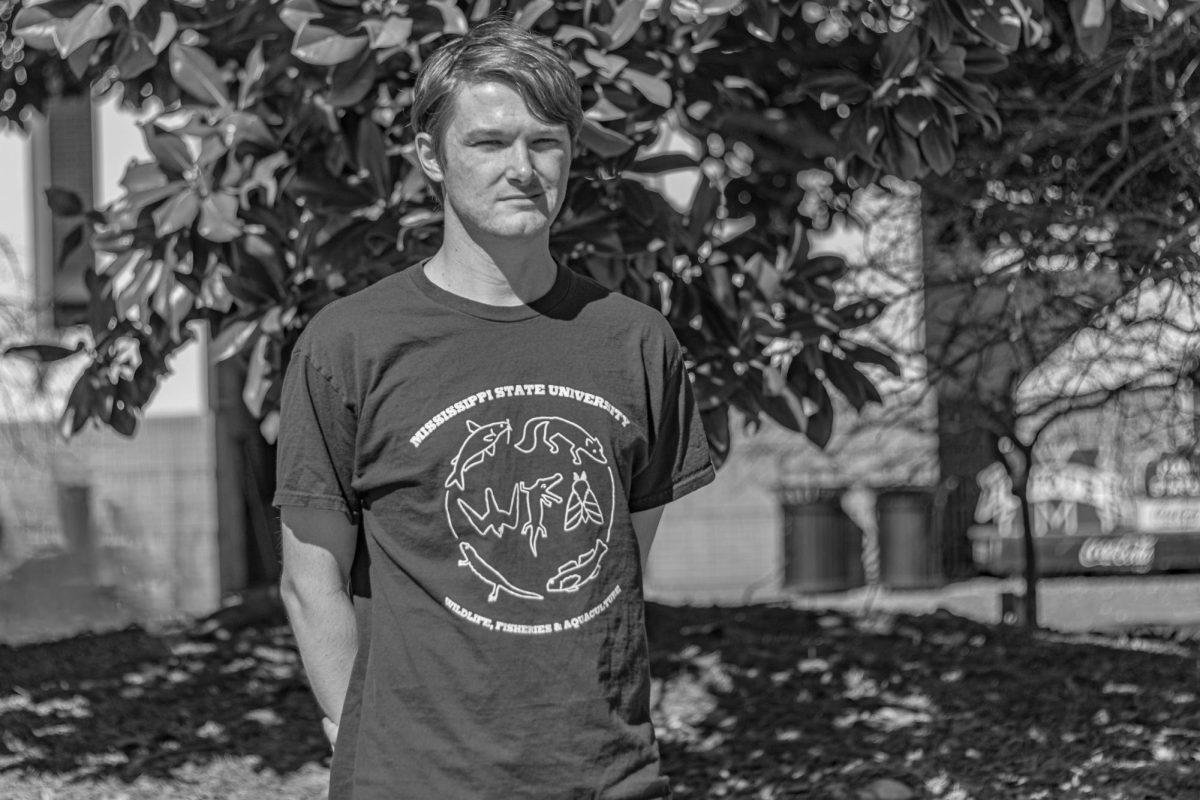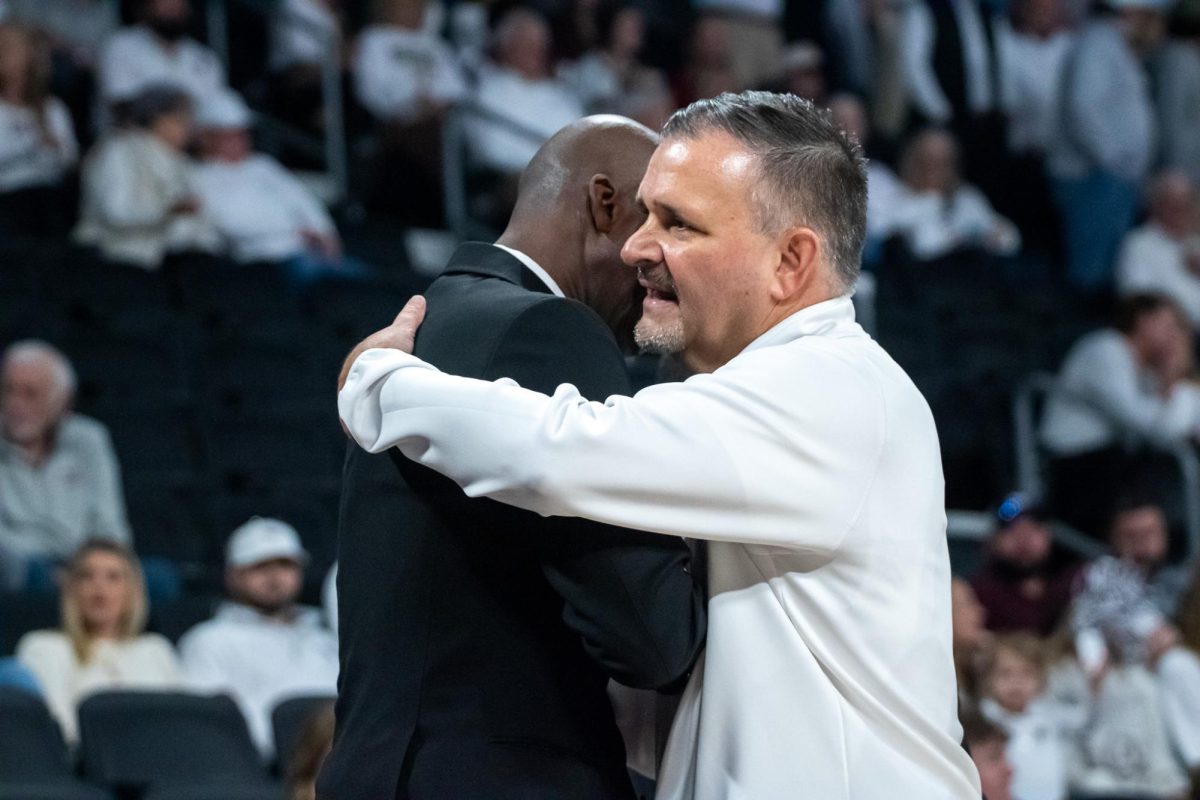Post-Traumatic Stress Disorder is common in people who have experienced some form of trauma. However, PTSD rates are rising in our veterans and active military members. This is a problem that can no longer be ignored.
According to the U.S. Department of Veteran Affairs (VA), experiencing trauma is not rare. The VA stated approximately 60 percent of men and 50 percent of women experience some type of trauma within their lifetime. The VA also stated that armed service PTSD rates are rising, and the number of veterans suffering from PTSD varies by their area of service.
Approximately 20 percent of veterans that served in Operation Iraqi Freedom (OIF) and Operation Endure Freedom (OEF) have shown PTSD within a year of returning home. Approximately 12 percent of veterans who served in the Gulf War, better known as Desert Storm, have PTSD in a given year. It is now believed that 30 percent of all veterans suffer from PTSD.
Presidential candidate Donald Trump claimed that veterans who suffer from PTSD simply “can’t handle it”. The blasphemy and disrespect in this statement clearly provides reason for supporting our troops and those with mental illnesses.
Not only are members of the military suffering from the stress that comes with combat, being away from their husbands, wives and children, but also sexual assault and harassment.
Over 50 percent of women have reported sexual assault during their time of service and 38 percent of men have reported sexual assault. I believe that the people who fight for our freedom and protection should be the first to receive care and receive the highest quality care possible.
Military Magazine shared an article stating that those who suffer from PTSD often have nightmares, flashbacks, difficulty sleeping and are left feeling emotionally numb.
These types of symptoms can make a person’s daily life extremely difficult to deal with. The article also stated that those who suffer from PTSD also developed depression, social anxiety, substance abuse, memory problems and struggle with their families on these issues.
While the article did state that many people who suffer from PTSD eventually stop experiencing it, it is still an issue that we must talk about in order to help our military.
I have many friends in the military, and while only 10 percent of military members experience combat, many of my friends have experienced some form of stress during their time in the military that has had an effect on their everyday lives.
My friends in the armed forces have said that their experiences with PTSD, stress, depression and substance abuse not only affected them, but everyone around them. While they do not wish to leave the military necessarily, they do wish that this topic that was more widely discussed so they could receive the help they need without feeling ashamed.
Huffington Post shared an article stating that one of the primary reasons our veterans are not being treated for PTSD is because physicians do not have the training to recognize PTSD. The article stated that it is common for most physicians to write a prescription for an anti-depressant and send a patient on their way without recognizing that there may be a deeper issue.
Another problem is that physicians usually spend very little time with patients and cannot get to know them on a deeper level. Many patients do not bring up the fact that they are veterans and have seen combat, which can also lead to a wrongful diagnosis.
While there are many factors that can lead to a veteran not being diagnosed with PTSD, we must learn how to look at this issue closer. We need to find a way to help these men and women cope with the aftermath of war. The mental health of those who fight for our freedom should be our utmost concern, simply because they deserve it.







